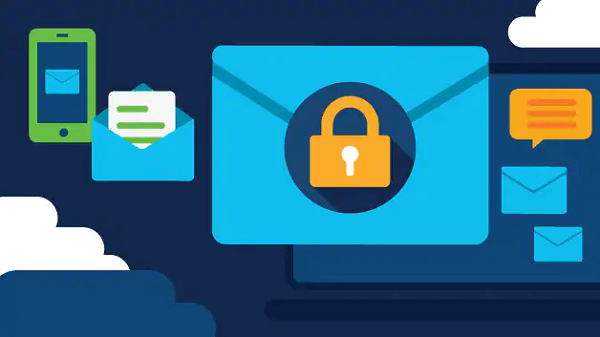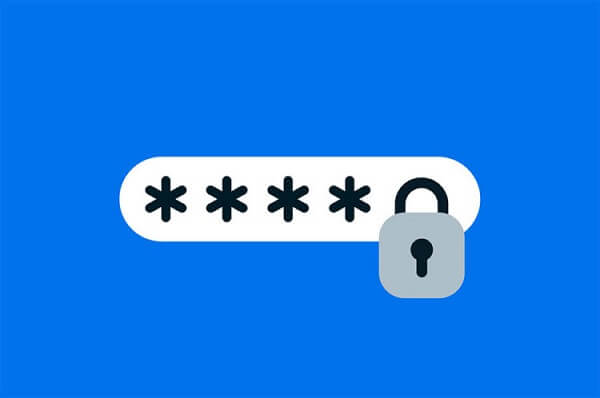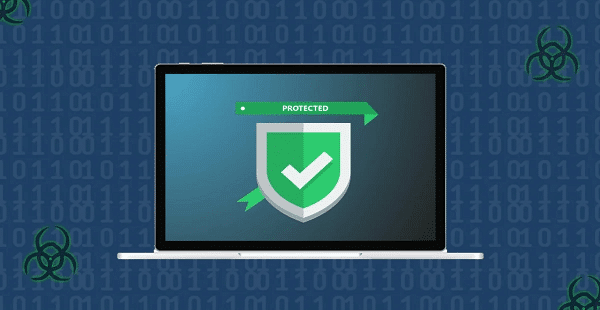Are you an entrepreneur of a small-scale organization? Have you implemented adequate cybersecurity strategies? If not, then by now you should consider a better understanding of the requisite cybersecurity practices. This will drastically put an end to the data breaching incidents.
In most instances, cyberattacks tend to take place when the security of the enterprise goes into utter negligence. When you fail to secure or protect your business websites, it paves the way for the cybercriminals to acquire the stored business or client-based information. Ultimately, this results in severe business loss scenarios and diminishes the overall client number.
Therefore, it becomes essential to maintain stringent business policies and regulations to keep shared documentation safe. Even though you operate through a small enterprise, there is a risk associated with cyberattacks. More specifically, it can be exemplified that small organizations are more prone to catch the eyes of cybercriminals.
Undoubtedly, data breaching or seizing incidents are quite unpredictable. In most of the instances, the small companies are operated through minimal resource investment. However, enhancing cyber-security practices won’t necessarily involve a long-term investment.
So, let’s find out what are the strategies that are required to establish digital safety for your organization.
1. Consider a CyberSecurity Plan

You thought about starting a small-scale startup business, choose a workplace destination, and the kind of product or services that you are inverted in catering. Even, you might have so far managed to gather a few numbers of employees, and opt for a separate investment in the construction, but have you implemented or thought about a deep-rooted cybersecurity plan?
Simply, make a thorough cybersecurity plan in the first place to minimize the risk. Don’t forget to include an employee training program and an incident response plan to safeguard the organizational image. Consider including the below-mentioned information to mitigate the damage within the latest time possible.
- Whom to contact during the crisis period
- Locate the device where the essential organizational data and other information are stored
- In what instances contacting a law enforcement personnel will be appreciable
Provide the employees and other associated members about the potential cyberattacks risks and the consequences that you might have to face for even a minor mistake. Enlighten them with the importance of software updates, data backup, and how to easily detect the possible security breach. And, do not forget to renew SSL certificate.
Besides backup and software updates, the business needs to implement SSL security to be vital for small businesses. Multiple SSL providers offer SSL certificates at per site’s requirement coming to SSL providers. A small business can have a single domain or wildcard, or multi-domain SSL and should approach as per the domain structure. For example, if the site has multiple subdomains spread across the different servers, a RapidSSL Wildcard SSL certificate or any other branded wildcard is ideal.
2. Enhance the Email Security

Nearly most of the organization falls into the trap after accessing the malicious files, documents, and other media files that might come via email attachments. In 2019, nearly half of the small-scale company owners had to encounter business loss because of cyberattacks. Therefore, it becomes highly essential to opt for basic email safety precautions. This might include, not accessing the suspicious attachments or links and a thorough inspection before stepping into anything uncanny.
So, when you are making an employee training program, your first step should be educating them with these details. Moreover, if you handle the client or employee’s personal information, make sure you have encrypted those documents. After the implementation of such protocol, it seems to be difficult for the cyberattackers to access their email, without providing the generated passcode.
3. Prevent the Wi-Fi Network

Your organization might possess a high risk of data loss scenarios when the wireless network is less secured. Thus, make sure the network is encrypted with a unique password. Though, most of the devices come within an in-built default password but consider changing the existing one. Moreover, when you will opt for choosing from different kinds of passwords, a Wi-Fi Protected Access II (WPA2) Code will provide a better insight into reducing the risk-level.
Also, it is highly suggested renewing SSL certificates to safeguard your organization effectively. And, how about hiding the Wi-Fi network name? Have you ever thought about opting for such a legitimate action? This will absolutely aid in protecting the Wi-Fi network when the router name won’t display to the netizens. Setting up a guest account with multiple passwords specifically for your clients or customers will be of great advantage.
4. Protect the Payment Processes

Recently, customers are more into making online payments. It is more preferable, easier, and convenient for purchasers across the world. This is the prime reason why you need to secure the payment processes not only to build entrust but also to safeguard the shared credentials. Make sure you have installed the requisite security-enhanced software. Don’t forget to update this encrypted software to put an end to the cyberattack-associated instances.
5. Impose Strong and Safe Password Practices

Do you know what is so far considered as the best cybersecurity practice? Yes! Opting for a strong, long, and complex password is required, especially when your organization deals with sensitive data. Setting a simple password such as “1234567” or “abcdedrf” will be pretty easy to guess for the cybercriminals.
Simply, provide a password that will contain at least 8 characters and include numbers and letters, and even symbols in the password to make it unique. With professional assistance, equipped with multi-factor authentication, decoding this sort of security practice is absolutely impossible for the best cybersecurity invaders.
6. Regular Backup is Essential

Do you know what will be the safest cybersecurity precautions that you can deploy to recover the business losses? Simply, backing up human resource files, electronic spreadsheets, word processing documents, financial files, databases, and accounts receivable/payable files will be enough in preventing the loss. Be sure; the data backup is stored on the cloud services.
7. Install Firewall Defender and a Pre-Eminent Antivirus Software

A firewall defender acts as a protection against potential cyber hacks. This sort of software explicitly prevents cyber-attackers from reaching your workplace network. So, even though you have mistakenly tapped on susceptible links or ads, with the assistance of a firewall, reducing the overall risk has become extremely possible. Moreover, certain firewalls come with virus-scanning capabilities that can detract the ransomware attacks swiftly.
However, if the firewall does not hold such capabilities, consider installing antivirus software for easy malware detection. This sort of prevention activities will efficiently control the data-breaching incident by just altering the problem in the early stage. You can check out our Windows Defender and Avast comparison to make a wise decision.
8. Enforce Employee Training Programs

Make sure the employee training modules are conducted on a yearly, monthly, or weekly basis. It should never be a one-and-done deal. Moreover, the business leaders must acknowledge the significance of the refresher courses as well, where the business and employee security will be on the top list.
Has your organization been deployed with highly trained employees who have adequate knowledge about the cybersecurity policies? Making these sorts of training programs is essential to winning the battle against unwanted cyber-attacks. They should have proper insight into the new protocol updates.
Especially when more than 47% of small enterprises have been the epicenter of data threat incidents. The vulnerability of getting hacked through an office network is potentially high. So, shift your focus on investing in the training programs rather than enhancing the product or service quality.
Prevention is Always Better than Cure!
Well, you must have heard or read about this proverb, now it’s time to act. Don’t let the cyber-attackers invade the organizational data, and do not put a halt at generating revenue in this competitive global market. So, secure your small-sized company with these cybersecurity protocols implementation, reduce the vulnerability, and intensify the overall production without stressing over cyber-attacks.
Read Also
- 5 Good VPN Options You Can Try
- McAfee vs Avast
- WordPress Security Guide
- Essential Security Tips For Android
- Avast Secureline VPN Review
- What is VPN? A Beginner’s Guide
- What is MPLS & Is It Right For Your Business Network?
- 5 Best Languages for Web Scraping
- 6 Cheap WordPress Hosting Services
- The Most Common Network Connection Problems And How To Fix Them
- Whoer VPN Review



